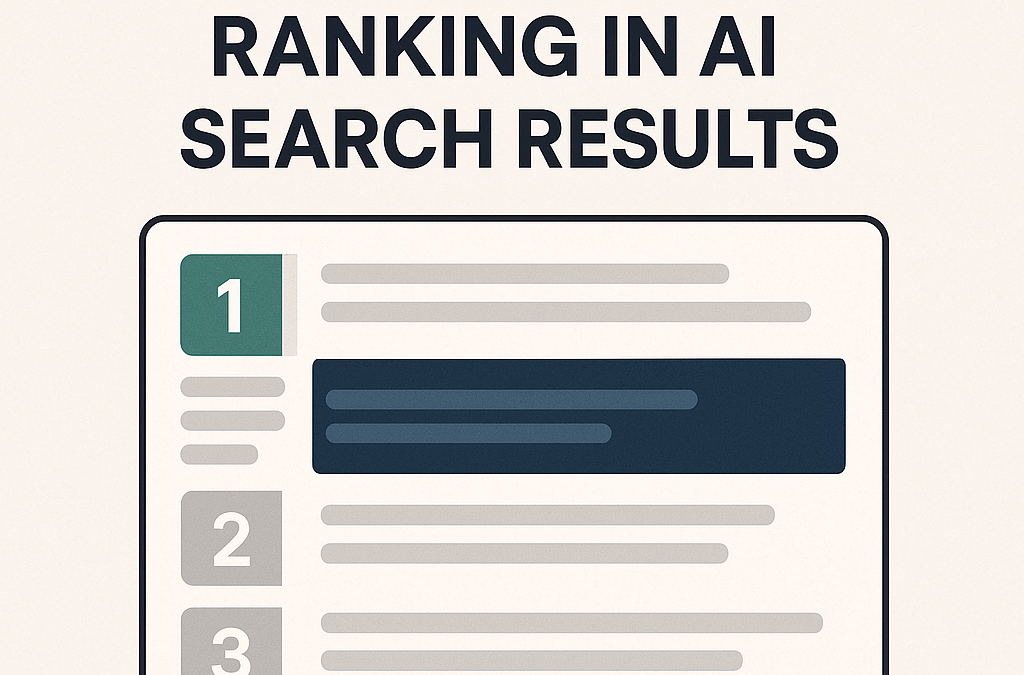Search Engine Optimization (SEO) might feel like a complex maze for those who aren’t well-versed in its detailed subtleties. However, understanding the basics of SEO is vital for improving your website’s presence and ranking in search results. Dive into these ten overlooked elements of SEO, using this knowledge as a tool to get better at this key part of digital marketing.
1. The Holistic Nature of SEO: Beyond Just Search Engines
Contrary to the popular belief, SEO goes beyond merely optimizing for search engines. It demands a holistic approach, integrating user-friendly website design and high-grade content provision. An example is Amazon’s website. Not only does it rank high in search engines, but it also delivers a seamless user experience and provides detailed product descriptions, aiding consumers in making informed decisions.
2. The Indirect Influence of Social Media on SEO
Although not a direct determinant of search engine ranking, social media potentially sways SEO indirectly. The enhanced brand recognition and the subsequent website traffic, courtesy of a robust social media presence, can prove beneficial. For instance, a viral post on Twitter could lead to a surge in your website traffic, enhancing its visibility and indirectly influencing its search ranking.
3. Mobile-Friendliness: A Pivotal Component of SEO
As the proliferation of smartphones has led to an increase in internet access via mobile devices, possessing a mobile-optimized website is a cornerstone for effective SEO. For instance, Google’s mobile-first indexing implies that Google predominantly uses the mobile version of content for indexing and ranking. Thus, a non-mobile-friendly website can suffer in search rankings.
4. Beyond Keywords: The Multifaceted Nature of Ranking Factors
While keywords remain pivotal for SEO, they are merely one piece of the puzzle. Search engines deploy various factors to determine a website’s relevance and quality. For instance, website speed, mobile compatibility, and content quality also weigh heavily in influencing search engine rankings.
5. Google’s Complex Algorithm: Over 200 Ranking Factors
Google’s ranking algorithm incorporates over 200 factors, manifesting the complexity of SEO. These range from on-page factors like keyword usage and content quality to off-page factors such as backlinks and social signals, making SEO a highly multifaceted field.
6. Local SEO: An Underrated Asset for Small Businesses
Emphasizing local SEO can serve as a catalyst for small businesses aiming to reach customers in their vicinity. A local bakery, for example, would benefit from optimizing for local search terms such as “bakery in [city name]” to capture local consumers searching for their services.
7. SEO: A Continuous Journey, Not a One-Off Solution
SEO is far from a one-and-done deal. Instead, it’s an ongoing journey necessitating continual vigilance, tweaks, and enhancements. Constant algorithm changes and evolving user behaviors mean that SEO tactics should be regularly reviewed and updated for maximum effectiveness.
8. User Engagement Metrics: A Crucial Consideration in Rankings
Search engines weigh user engagement metrics such as bounce rate, session duration, and pages per session when determining website rankings. A site that consistently engages users, keeping them on the page for longer periods, has a higher likelihood of ranking well.
9. The Significance of Backlinks in SEO
High-caliber backlinks from trusted websites play a significant role in enhancing a site’s authority and prominence in search results. A website with multiple high-quality backlinks is often perceived as more relevant and trustworthy, which can lead to higher rankings in search engine results.
10. Patience is Key: SEO Results Take Time
SEO is not a sprint, but rather a marathon. Achieving significant results often demands several months of sustained effort and patience. Therefore, it is key not to get disheartened if initial efforts do not yield instant outcomes.
SEO is a multifaceted, continually evolving field requiring regular attention and adaptation to keep pace with ever-changing search engine algorithms. By understanding the numerous influences on search engine rankings, businesses and website owners are better equipped to amplify their online visibility, direct more traffic to their site, and consequently boost conversions and revenue. Staying informed about the latest SEO trends and best practices empowers anyone to maximize their online presence and reach their digital marketing aspirations.









